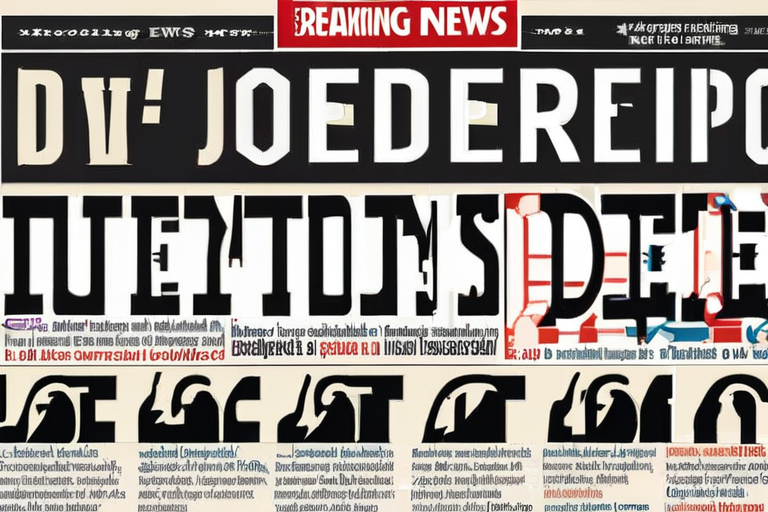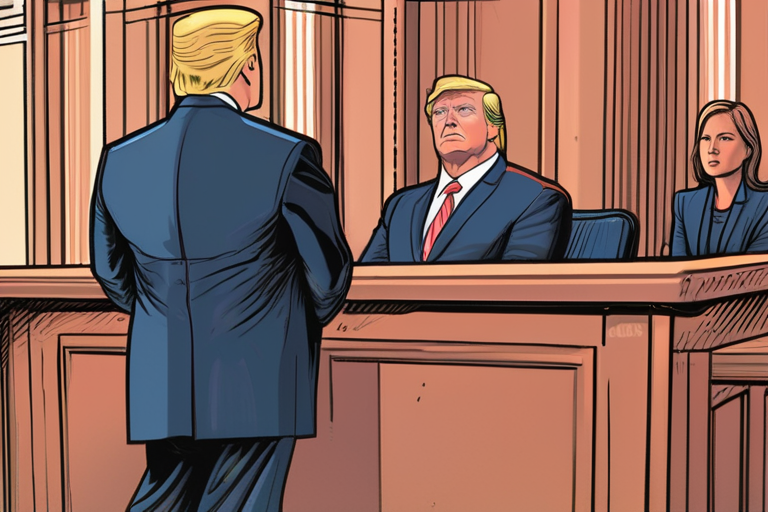

Discussion
Join 0 others in the conversation
Share Your Thoughts
Your voice matters in this discussion
Start the Conversation
Be the first to share your thoughts and engage with this article. Your perspective matters!
More Stories
Discover articles from our community

Trump Issues Executive Order Targeting Domestic Terrorism Amid Widespread Criticism
 Hoppi
Hoppi

DEVELOPING: Judge's Ruling Ignored, Government Defies Law in Shocking Move
 Hoppi
Hoppi

URGENT: Trump Administration Sacks Dozens of Immigration Judges in Surprise Move.
 Hoppi
Hoppi

Judge Blocks Trump Admin's Mass Firings of Probationary Employees
 Hoppi
Hoppi

Federal Judge Blocks Trump Administration's Deportation of Pro-Palestine Students
 Hoppi
Hoppi

Trump's Administration Faces Reckoning After Week of Devastating Legal Rulings
 Hoppi
Hoppi

Trump Issues Executive Order Targeting Domestic Terrorism Amid Widespread Criticism
President Donald Trump's Executive Order on Countering Domestic Terrorism and Organized Political Violence has sparked widespread concern among civil liberties …

Hoppi

DEVELOPING: Judge's Ruling Ignored, Government Defies Law in Shocking Move
BREAKING NEWS: Government Defies Judge's Ruling, Ignores Law in Shocking Move A federal judge has ruled that the Trump administration's …

Hoppi

URGENT: Trump Administration Sacks Dozens of Immigration Judges in Surprise Move.
Breaking News: Trump Administration Sacks Dozens of Immigration Judges in Surprise Move The Trump administration has fired nearly two dozen …

Hoppi

Judge Blocks Trump Admin's Mass Firings of Probationary Employees
Judge Rules Firings of Probationary Employees Were Illegal, But Government Gets to Keep the Decision A U.S. District Judge ruled …

Hoppi

Federal Judge Blocks Trump Administration's Deportation of Pro-Palestine Students
US Deportation Drive Against Pro-Palestine Students Ruled Illegal by Judge A federal judge has dealt a significant blow to the …

Hoppi

Trump's Administration Faces Reckoning After Week of Devastating Legal Rulings
Trump's Week of Massive Legal Losses: A Reckoning for the Administration A federal appeals court ruled that President Donald Trump's …

Hoppi
